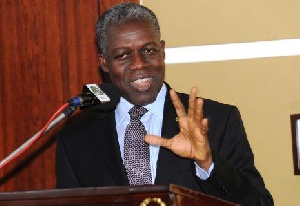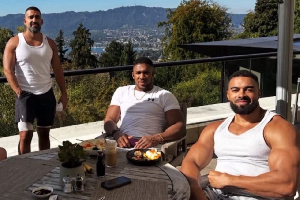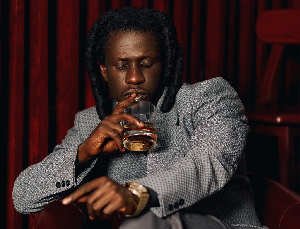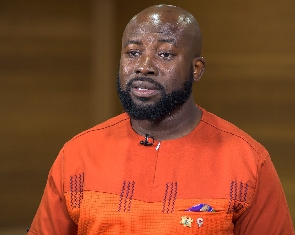Vice President Paa Kwesi Amissah-Arthur, has appealed to the media to dedicate ten percent of their space to social issues particularly that which affects the well-being of children.
Launching the revised child and family Welfare Policy in Accra, he said a considerable media focus on such issues will allow the nation deliberate on issues affecting children and to find better ways of dealing with them.
The revised child and family welfare policy seeks to strengthen, protect and promote the well-being of children.
The Minister for Gender, Children and Social Protection, Nana Oye Lithur, said the policy lays out the foundation for an effective child protection system and increased responsiveness to the needs of children and better protection from harm and exploitation.
"We've reached a stage where we have to do parental classes where we can train some parents who may be found wanting on even how to take care after children. So parents play a pivotal role and that's why the Ministries of Local Government and Education are very key partners because we are going to engage the communities and sustain community sensitization on parenting".
Vice President Kwesi Amissah-Arthur tasked media practitioners to prioritize reporting on issues affecting children.
"We are calling on our media to at least give us ten percent less sensational political stories and ten percent more social because we make progress with the steady accumulation that comes from the work that is being done in the country and not from the sensational stories that we read"
He also enjoined fathers not to shirk their responsibilities in caring for their children. Mr. Amissah Arthur tasked state institutions to comply with the new revised child and family Welfare Policy.
"Charting a new policy direction for children in Ghana became necessary as a result of challenges that children, parents, care givers and state institutions responsible for children continue to face. To guide our search for solution we conducted a comprehensive national study on the state of child protection. The results reveal that children continue to experience abuse violence and exploitation. However the child protection system was not very effective in preventing these negative consequences," he said.
According to the study, the protection system only responded after children had suffered some harm.
"It is therefore imperative that we review the entire child protection system and put in place one that prevented child abuse and exploitation," the Vice President said.
Unicef Country representative, Susan Namondo Ngongi was optimistic the new policy will protect children from pressures of society.
Aside the ratification of the convention on the rights of the child, other international and regional protocols have been signed, all towards improving the lives of children in Ghana.
However, corporal punishment, domestic violence, sexual abuse amongst others persist.
Child Rights Activist, Bright Appiah, told TV3 a lot more needed to be done to protect the needs of children.
"In the past, we've had some pockets of achievements but it comes back to how we are coordinating those efforts. And we think that if we are able to coordinate things well we will be able to measure it and know the grey areas that we have to enter. So we can now hope for the better because it the past I don't think we've been able to do much. Let's hope that this policy will give us the direction".
General News of Wednesday, 15 July 2015
Source: tv3network.com













